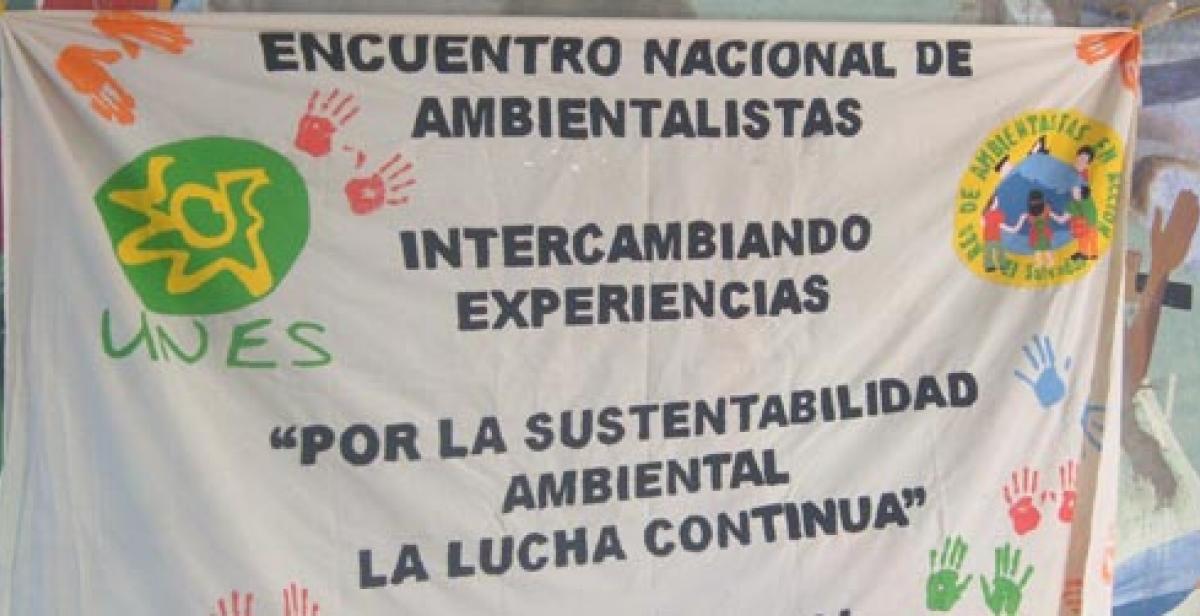This week we were invited to do something very special within the community with which we have been working; to release the baby turtles, which have been protected by a conservation project, back into the sea.
When we arrived at the centre I was surprised at how tiny the turtles were and how vulnerable they seemed when I considered that we were about to send them straight into the powerful waves of the Pacific. Thus, I was even more surprised when we put the turtles down onto the sand and without any hesitation they ran straight for the water, into the waves, and were gone.
Vulnerabilty or strength?
It may sound like an obvious metaphor but this experience really did make me reflect on all we had seen since arriving in the department of Ahuachapán, and to consider how underneath the immediate impression of vulnerability there is a strength within the communities and people of El Salvador to survive and combat all that life throws at them.
I had already seen this in many ways, for example in the continuing party spirit which can be seen in the community in which we live, despite the recent events [the tropical storm], and in the determination of those with whom we live to show us the beautiful and fun side of El Salvador to contrast the destruction and sadness we have seen after the storm.
Sharing the struggle
This determination was demonstrated most strongly in the yearly UNES (Environmental Movement of El Salvador) conference, during which the communities working with UNES [a Progressio partner organisation] meet with experts and each other to share their experiences and learning from the previous year.
As Dr Angel Ibarra said during the conference, people across the world are fighting for the same thing and it is time to globalise the fight; the people of El Salvador cannot wait any longer. He said that the rich countries are denying that climate change is their fault and refuse to change; the G20 won’t commit to a reduction in emissions.
'Living the changes'
He also said: “When people think about climate change they worry about the polar bears. We are the polar bears. Here we are living the changes.”
The call to the participants was to politicise themselves, to get environmental issues on the political agenda, to mobilise and organise themselves.
Despite this revolve, however, it is not yet clear to me how the vulnerability of those in El Salvador can actually be overcome. Unlike the strength of the turtles against the waves of the Pacific it seems that the waves created by climate change, poverty, and the acts of the international community are just too powerful to overcome.
Strength from togetherness
Perhaps the answer is in working together. All of us need to take action on climate change in order that those whose daily existence is threatened by the changing climate can survive.
Also we need to work to make those funds which are available for communities more accessible.
The women with whom we have been working have a determination to secure funding in order to run capacity building workshops for all in the community and while funding is available from many local and international NGOs the complex application processes, which are all too often in English, are inappropriate for those who are most in need and who have no access to anyone who can guide them in their applications.
Standing in solidarity
Finally it is up to us as individuals to look at our own lives and consider how our daily actions and decisions keep others in poverty, whether it is from the food and products that we buy to the bank which we invest our money in.
These may only be small steps but at least it would demonstrate an act of solidarity and show that we are willing to stand alongside those who are literally fighting for their lives and the continuing existence of a beautiful and amazing country.
By Zoe Lavery, an ICS Empower volunteer in El Salvador.



